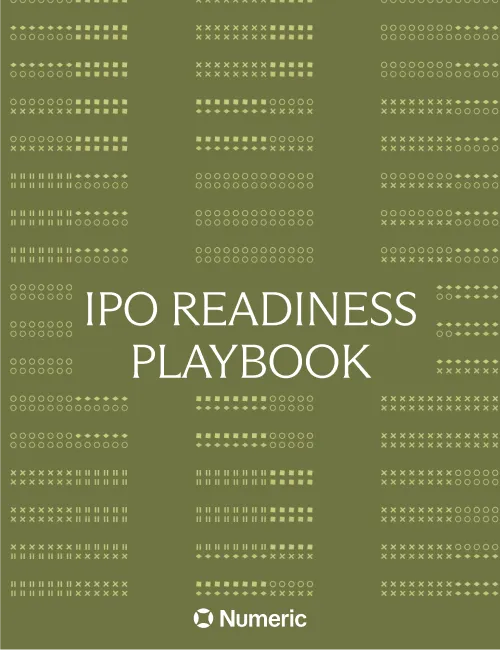Rollforward
With a rollforward, accountants can use the beginning balance of one period and relevant transactions to arrive at the ending balance of another period.
Definition
A rollforward is a financial accounting technique used to track changes in an account balance over time, typically from one reporting period to the next. It involves analyzing the beginning balance, adding or subtracting any relevant transactions or adjustments during the period, and arriving at the ending balance. Rollforwards are commonly used for accounts such as inventory; property, plant, & equipment (PP&E); and accumulated depreciation.
Example
At the beginning of the accounting period, a company’s beginning inventory balance is $100,000. During the period, the company purchases additional inventory worth $50,000 and records sales amounting to $30,000 of said inventory. To determine the ending inventory balance, the company adds the purchases ($50,000) and subtracts the sales ($30,000) from the beginning balance ($100,000), resulting in an ending inventory balance of $120,000.
Why it Matters
Rollforwards provide valuable insights into the changes that occur in specific accounts over time, facilitating accurate financial reporting and analysis. By systematically tracking transactions and adjustments, rollforwards help ensure the integrity and transparency of financial statements. They enable stakeholders to understand the reasons behind fluctuations in account balances and assess the financial performance and position of the company. Rollforwards are particularly useful for auditors, who rely on them to verify the accuracy of account balances and detect any irregularities or discrepancies. Overall, rollforwards play a crucial role in enhancing the reliability and relevance of financial information for decision-making purposes.



















